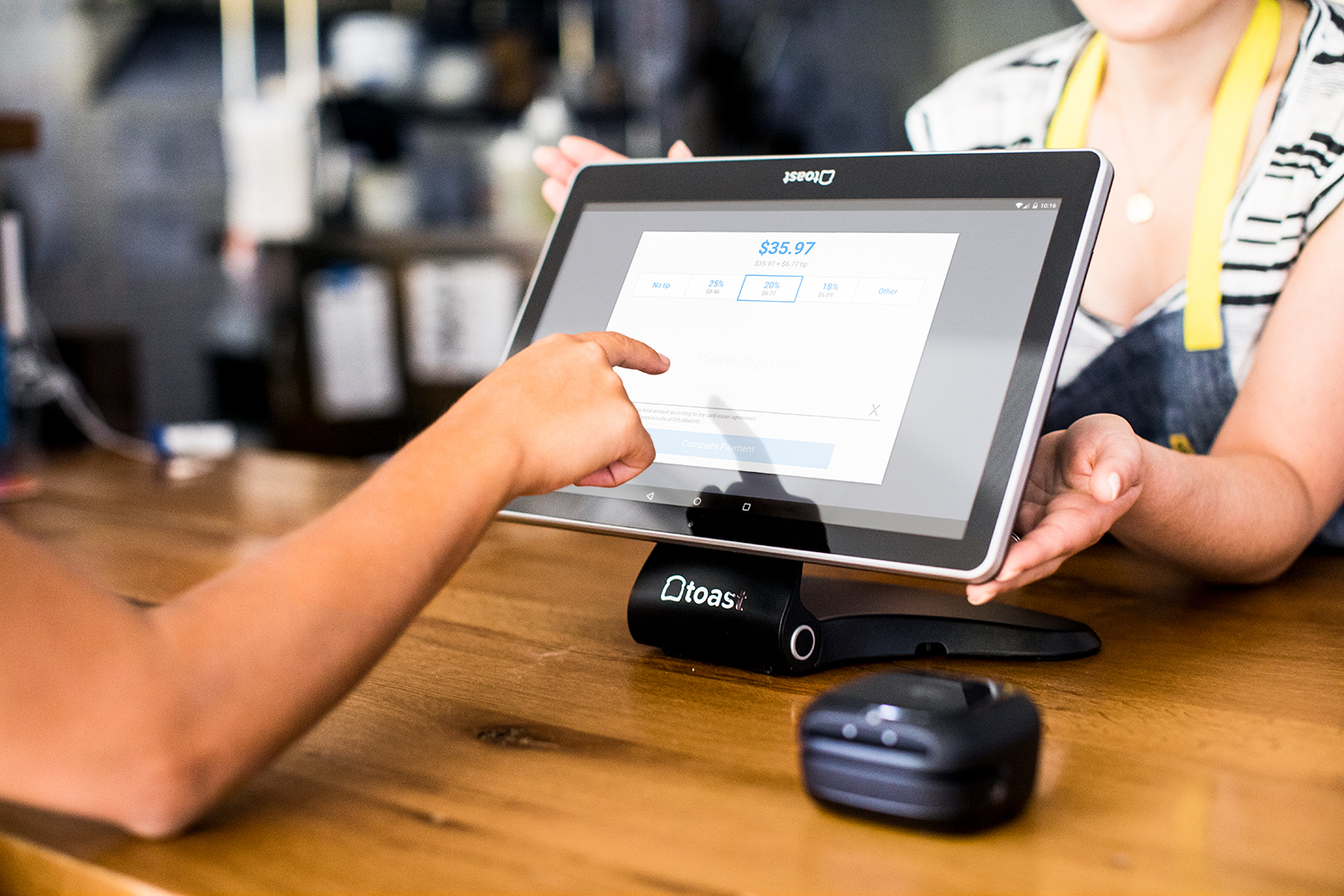In this day's fast-paced business landscape, grasping the intricacies of Point of Sale solutions is crucial for any business owner looking to thrive. A POS system is no longer merely a tool for handling sales; it has evolved into a complex solution that can significantly enhance efficiency in operations, customer experience, and data management. As businesses transition from old-fashioned cash registers to contemporary web-based systems, it's imperative to understand the compliance and rules that oversee these systems to guarantee simultaneously safety and efficiency.
With tech progressing rapidly, companies need to stay informed about the latest features and capabilities of POS systems. This requires not only understanding the benefits they provide but also navigating the compliance landscape, including PCI compliance and security measures for data. In this thorough resource, we will examine the different aspects of POS systems, including their progress, the critical features to consider, and how to keep a secure and regulatory-compliant system that meets your operational needs.
Key Aspects of Modern POS Systems
Contemporary POS systems have advanced considerably, offering a wide range of features that improve business operations. One of the most crucial features is inventory management, which enables businesses to track inventory levels in real time, oversee reordering, and minimize surplus inventory. This aspect is particularly helpful for stores and restaurants, as it fosters better decisions regarding product offerings and reduces losses due to spoilage or aging.
Another significant aspect is seamless payment processing. Today's POS systems support multiple payment methods, including credit and debit card cards, digital wallets, and contactless payments. https://impos.com.au/venue/restaurant-pos-systems/ improves the experience for customers by providing convenience but additionally responds to changing consumer tastes. Furthermore, the adoption of EMV chip technology and contactless payment options boosts transaction security, shielding both the business and its clients.

Lastly, data analysis and reporting capabilities are crucial parts of modern POS solutions. These tools help business owners to collect and analyze sales data, customer behavior, and inventory trends. With practical data derived from this data, businesses can make educated decisions, adjust marketing strategies, and improve operations to drive success. This feature distinguishes advanced POS solutions from traditional cash registers, making them essential for competitive businesses.
Ensuring Safety and Compliance in POS Systems
In today’s digital landscape, ensuring the safety and adherence of POS solutions is crucial for any organization. With an increasing number of cyber threats targeting financial data, it is crucial for businesses to implement robust security measures. Frequent updates and maintenance of the Point of Sale system can support safeguard against weaknesses. Organizations must also invest in educating staff to identify scams and additional nefarious actions that could compromise the infrastructure.
PCI compliance is a crucial factor that businesses must observe when operating a POS system. The Payment Card Industry Data Security Standard specifies essential standards to safeguard customer information during transactions. Inability to meet can result in hefty fines and security breaches that put customer information at risk. It is essential for businesses to consistently assess their compliance level and collaborate with their system suppliers to verify all security protocols are observed.
Moreover, employing cutting-edge technology such as EMV chip technology can substantially enhance the protection of exchanges conducted via POS solutions. This technology secures sensitive information, making it more hard for cheats to take advantage of. Additionally, including features like NFC payments and artificial intelligence security solutions can further strengthen a organization’s security against emerging threats, providing a secure atmosphere for both customers and staff.
Implementing Sales Processing Systems for Commercial Effectiveness
Embedding a POS system into your company operations can greatly improve effectiveness and optimize workflows. When POS systems are combined with additional software solutions, such as accounting and inventory management tools, data transfers seamlessly between systems. This connection lowers the risk of human error and certifies that essential information, such as sales trends and stock levels, is always up to date. Therefore, businesses can make informed decisions quickly, which can improve overall productivity.
Furthermore, an integrated POS system empowers employees by streamlining their tasks. For example, when sales data automatically syncs with accounting software, staff do not need to manually enter information, allowing them to focus on more valuable customer interactions. This not just raises employee morale but also improves the customer experience, as staff can provide rapid and more reliable service. Additionally, real-time inventory management helps reduce stockouts and overselling, further enhancing operational efficiency.
Finally, businesses that utilize integrated POS systems gain better insights into their operations through advanced analytics. By examining data from multiple sources, owners can spot trends, track key performance indicators, and create strategies that correspond with consumer behavior. This holistic view of the company ultimately leads to improved decision-making and resource allocation, enabling growth and profitability in the present competitive market.
